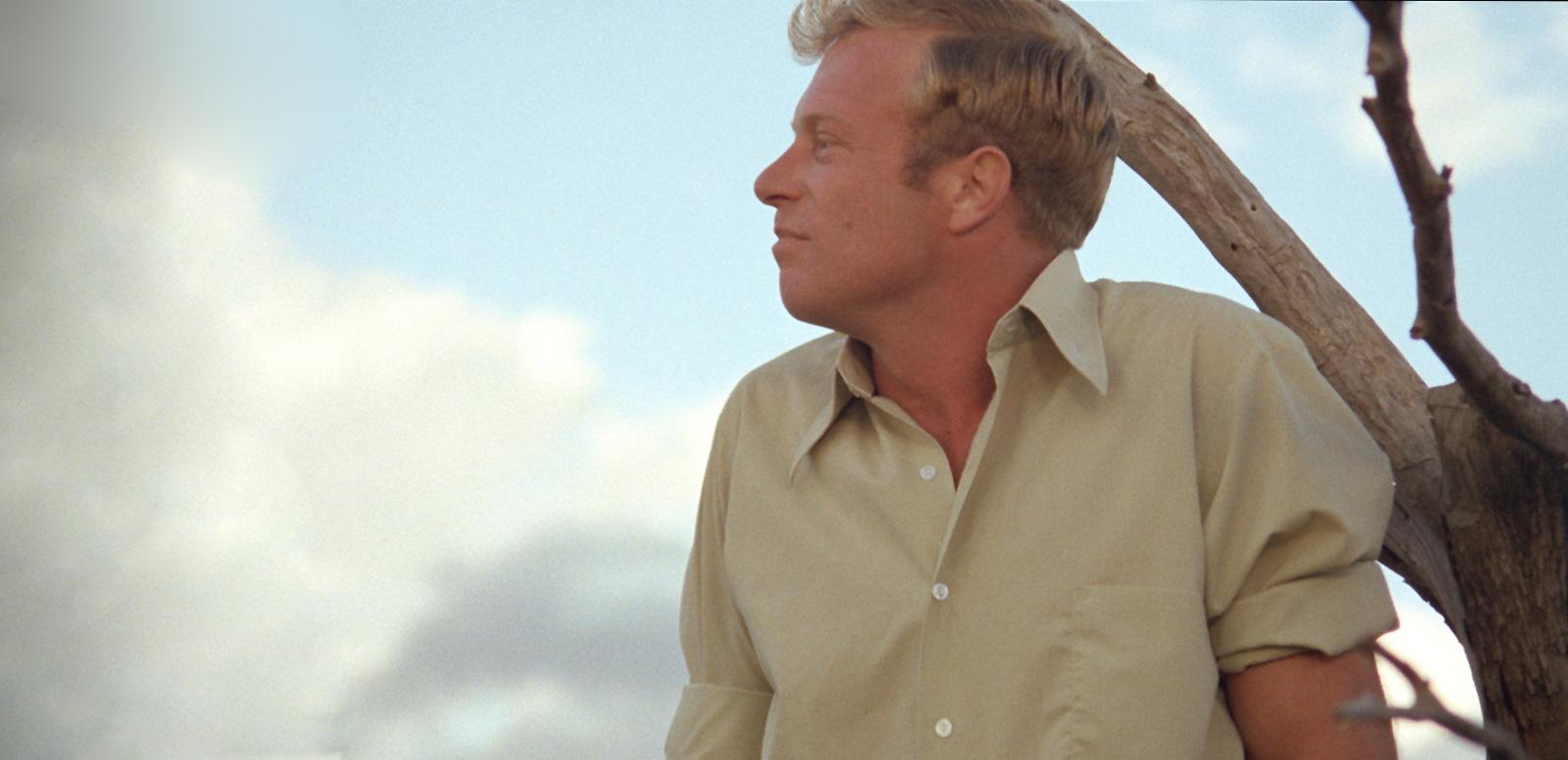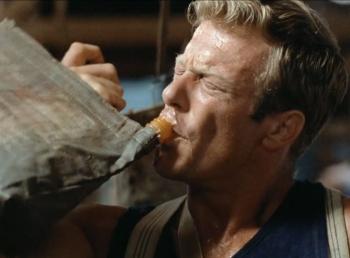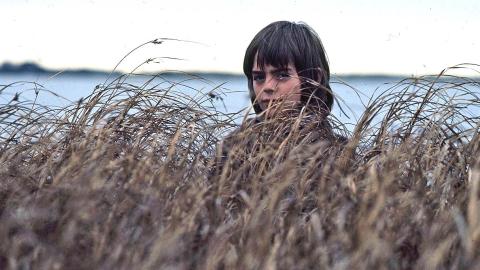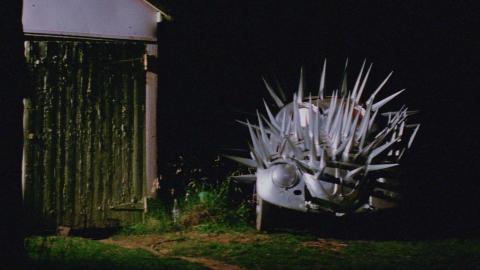In 2018 the NFSA screened the digital restoration of the iconic Australian film Sunday Too Far Away and hosted a Q&A afterwards with producer Matt Carroll, cinematographer Geoff Burton and actor Max Cullen in which they discussed the film's production and legacy.





